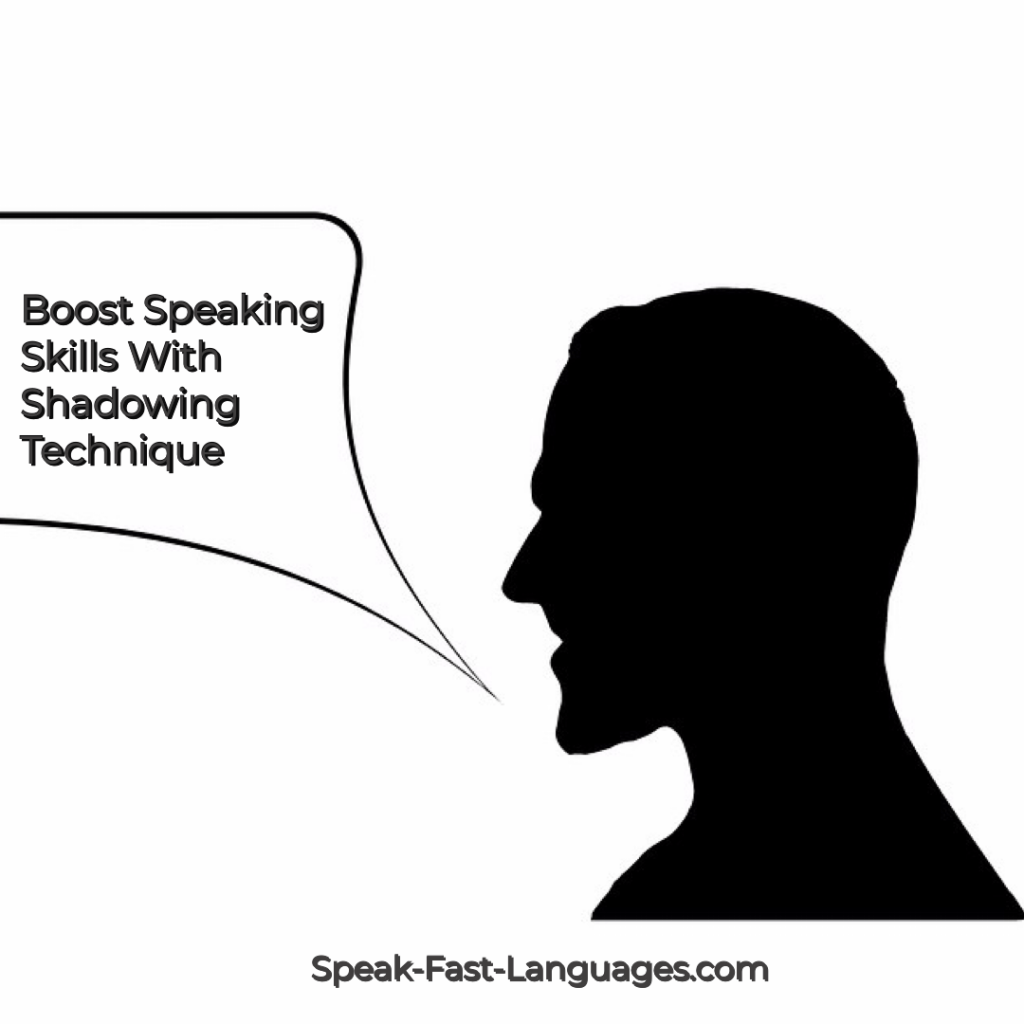By Geralde Vincent-Bancroft
When it comes to language learning, there are many different methods that people use to achieve their desired results. Some people prefer to attend classes, others like to use online programs, and still, others enjoy using audio resources.
However, one method that is often overlooked is watching TV. Believe it or not, watching your favourite shows in a foreign language can help you learn the language faster!
In this blog post, we will discuss some of the benefits of watching TV to learn a language.

Why watch TV to learn a language?
It’s no secret that watching television can help you learn a new language. In fact, many football managers have claimed that television has played an important role in their language learning.
While it’s certainly not the only way to learn a language, watching television can be a great way to pick up new vocabulary and grammar. It helps improve comprehension skills and pronunciation as well. Not to mention, it’s fun to immerse yourself in the culture of a new country.
Some research also shows that students feel motivated to learn when watching foreign programs in their target language. Unfortunately television has not been used enough in the language classrooms. But this can change, if you are an independent learner and I’ll show you how.
Watching TV in a foreign language helps improve your vocabulary
First, choose programs that truly interest you, so that your sessions are more enjoyable. Relax, and do not feel disappointed at first if you do not understand everything. Set the subtitles in your mother tongue if you are not familiar with the story, so that you are able to grab the meaning of what is going on.
During the second session, switch the subtitles to the foreign language. This time your comprehension of what is going on will improve substantially. At this point, it is recommended to split the material into small chunks to take the most advantage of the exercise. Listen then to one chunk while paying attention to all the words you do not know. Write them down in your notebook.
During another session, from the previous list, choose to learn only the words that are relevant to you-either because they are part of a topic you’re interested in, or because they belong to the most common words used in the language.
To memorise the words, you can either use flashcards or any Apps like Quizlet or Memrise.
Also try to write a summary of what you just watched using these new words, when possible.
Carry on with all the chunks until you complete the whole film or episode.
Repetition is key. You will start understanding the language better through repeated viewing of the same content.

Watching TV will help you understand native speakers
After a while watching films and TV series, your comprehension will improve dramatically and you will get more familiar with modism and slang. You will be able to improve your pronunciation by practising active and passive listening.
Active listening
Active listening means that you are paying your undivided attention to what is being said, and trying to understand everything that is being said. Your focus should be in any word you hear pronounced differently from the way you say this word.
Make a list even if it means that you’ll have to listen to the same segment or episode more than once. Make sure that the audio has the right accent. For example, you will not shadow an Australian English speaker if you are living in the US or the UK.
Then, try to repeat these words as you hear them pronounced.
You can also use the shadowing technique– mimicking what is said as it is said- to improve your accent and intonation.
Choose a segment of the program with the subtitles in the target language, listen to a sentence, and then try repeating it word for word as the actor just said it, paying attention to accent, intonation, pause. You can also slow down the audio, if needed so that you can better appreciate the native speaker’s pronunciation.

Passive listening
I am aware that you will not always have time for an active listening exercise, so instead of throwing the towel, you can listen to the news or a podcast about a topic you love, while commuting on the train or driving, or doing the household chores. It might not be as effective as active listening, but you will still reap the benefit of getting accustomed to the musicality of the spoken language.
Record yourself
It is advisable that you record yourself. This will allow you to compare your pronunciation with the native speakers and be more aware of the differences. You will then be able to make amends and improve. If you have friends speaking the foreign language, you can also ask them for some feedback.
Thirdly, these recordings will constitute proof of your progress some months down the line. So, keep them.

Watching TV to learn a language will also help you develop an advance vocabulary
If you are at an intermediate level, when watching shows with complex dialogue and interesting plotlines, you’re exposed to new words and phrases that you might not otherwise come across. This can help to expand your vocabulary and make you more comfortable using new words in conversation.
Additionally, by seeing how experienced writers craft sentences, you can start to pick up on proper sentence structure and verb conjugation. You can usually find these advanced vocabulary in more specialised programs. So if you’re looking to improve your language skills, even intermediate learners can take advantage of TV films and programs.
Conclusion
Watching TV can help you learn a new language. While it is not a substitute for traditional methods such as taking classes or practising with a tutor, it can be a useful supplement.
By watching TV, you can immerse yourself in the target language and get a feel for how it is used in real-world situations. In addition, you can pick up new vocabulary and grammar rules without even realising it.
So if you’re looking for a fun and effortless way to improve your language skills, reach for the remote and start watching TV.